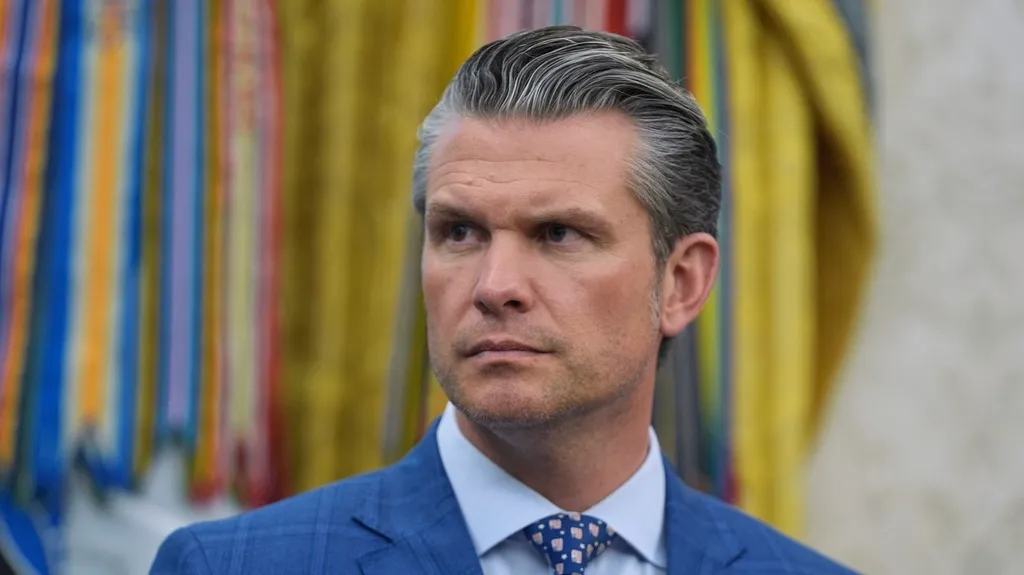July 28, 2009
U.S. DOMA Repeal Would Include Recognizing Out-of-State Gay Marriages
Steve Weinstein READ TIME: 3 MIN.
The effort to repeal the federal ban against same-sex marriages will not include extending rights to LGBT couples in domestic partnerships or civil unions, the Bay Area Reporter has learned. But it will include a "certainty provision" requiring states to recognize same-sex marriages performed in other states.
Congressman Jerry Nadler (D-New York), in an exclusive interview with the B.A.R. while attending the annual Human Rights Campaign gala in San Francisco Saturday, July 25, ruled out including anything other than legally recognized marriages in the legislation he plans to introduce either this week or once Congress returns from its August recess.
"No, it will not include domestic partnerships or civil unions. It is going to be just marriage," said Nadler, who chairs the House Judiciary Committee's Subcommittee on the Constitution, Civil Rights and Civil Liberties, and therefore, will be the lead sponsor of legislation aimed at repealing the federal Defense of Marriage Act.
Under DOMA's Section 3 the federal government is forbidden from recognizing LGBT couples married in the six states where same-sex marriage is legal. Section 2 of the law says those states that outlaw same-sex marriages do not have to recognize legal same-sex marriages from other states. Nadler said his bill would repeal both sections of DOMA.
"We have got to repeal DOMA and have got to make sure it accomplishes for federal purposes allowing the federal government to recognize same-sex marriages," said Nadler, who led the fight to defeat a Federal Marriage Amendment that would have enshrined the same-sex marriage ban in the U.S. Constitution. "The time for dumping DOMA is long overdue."
HRC President Joe Solmonese said it makes sense to restrict the debate over repealing DOMA only to recognition of same-sex marriage.
"We ought to start it with what we would ultimately achieve, a wholesale overturning of DOMA," he said.
Nadler said that including domestic partnerships or civil unions in his legislation "gets very complicated" because the laws governing such legally recognized relationships are "different in every state." Also, he said it would cloud the legislation's end goal, which is ensuring all Americans, regardless of their sexual orientation, have the right to marry.
"Historically domestic partnerships and other relationships have been an interregnum until we get to marriage, which we need to push for as soon as possible," said Nadler, adding that he could not predict what chances the legislation has of passage. "We have to see what reaction we get. It won't pass this year."
In recent months the LGBT community had been debating amongst itself what form the DOMA repeal bill should take, and whether it should encompass all of the various legal relationships states have set up for same-sex couples. Some had feared adding anything more than marriages into the bill would hamper efforts on the West Coast to undo Proposition 8, California's ban on same-sex marriages, or extend marriage rights to LGBT residents of Washington and Oregon.
Should Nadler's bill pass it would mean that only those 18,000 couples that married last year in California, before Prop 8 went into effect, would gain federal marriage rights since the state's Supreme Court ruled this spring those marriages are valid. But the court did not address the legal status of those marriages performed in other states or countries.
The lack of a ruling on the issue has lead to confusion as to whether or not the state must recognize them. Openly gay state Senator Mark Leno (D-San Francisco) is pushing a bill that would require state officials to recognize those out-of-state marriages performed prior to Prop 8's enactment on November 5, 2008. The bill would also extend all the rights and benefits of marriage to those couples that wed out-of-state post Prop 8's becoming law but would not classify them as marriages.
During his prepared remarks, Nadler said he would include the "certainty provision" in his bill in order to give same-sex couples and their families peace of mind that should they move to a state that does not allow same-sex couples to wed their marriage would still be valid.
"No family should have to fear that risk and uncertainty, and my bill will ensure they do not," said Nadler.
Steve Weinstein has been a regular correspondent for the International Herald Tribune, the Advocate, the Village Voice and Out. He has been covering the AIDS crisis since the early '80s, when he began his career. He is the author of "The Q Guide to Fire Island" (Alyson, 2007).






